Dr. Nirmal Aryal, who is a part-time researcher in the Department of Nursing Sciences, is in Malaysia this week to prepare further migrant-health research collaborations and plans. His trip is part of the Faculty of Health & Social Sciences (FHSS) seed-corn funding for Early Career Researchers. In Malaysia Nirmal has conducted several PPIE (Patient and Public Involvement and Engagement) events with migrant workers and stakeholders, including current Nepalese migrant workers. Nirmal is working closely with Dr. Pramod Regmi and Prof. Edwin van Teijlingen (both based in FHSS) in the field of the health and well-being of Nepalse migrant workers.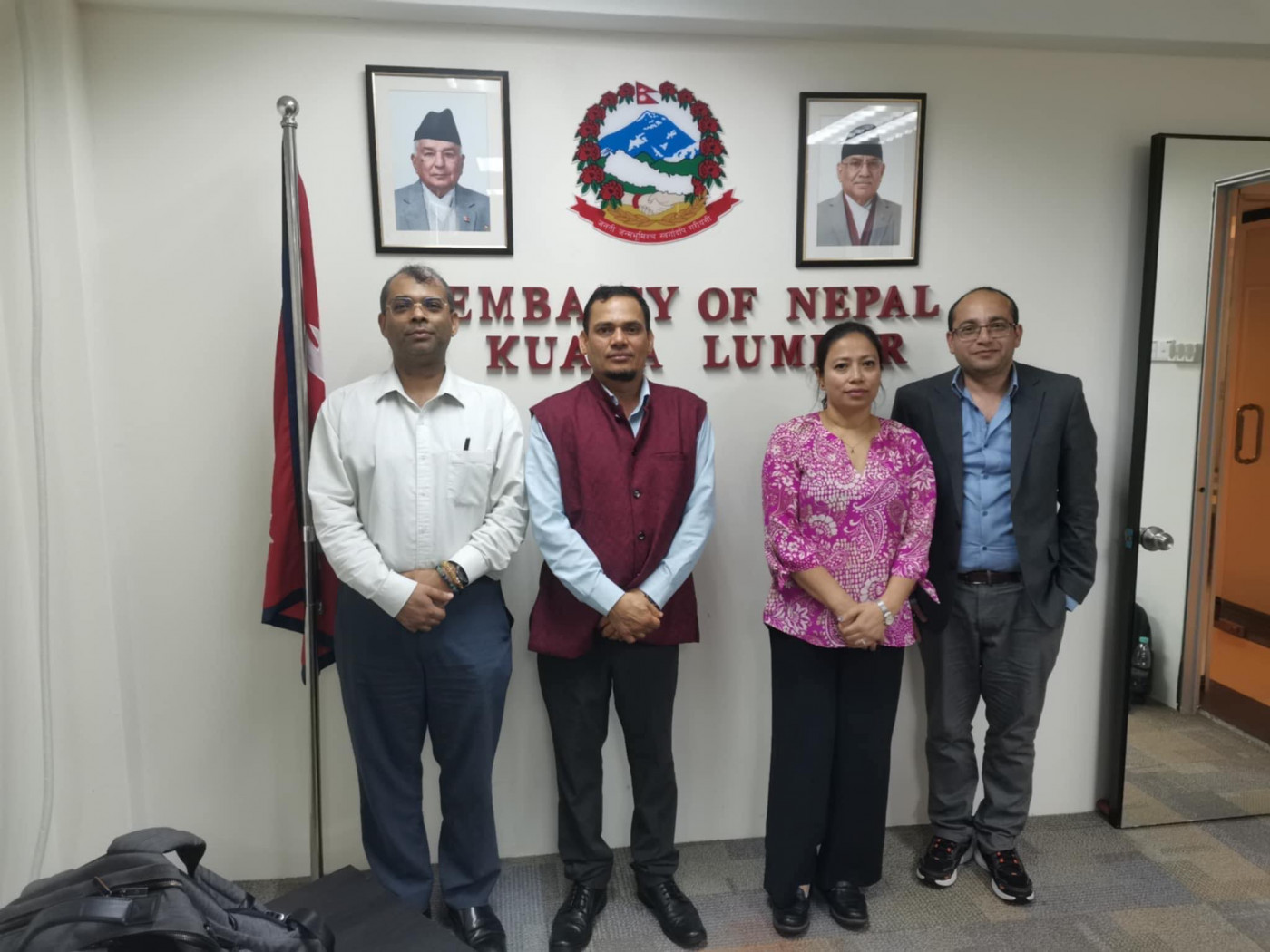 Today Nirmal also met with the Ambassador of Nepal in Kuala Lumpur (Malaysia) who expressed a great interest in our work.
Today Nirmal also met with the Ambassador of Nepal in Kuala Lumpur (Malaysia) who expressed a great interest in our work.
Nirmal is on a double mission as building links in Malaysia is also important for our latest funded project ‘ENSURE‘. ENSURE is a project led by La Isla Network in the United States of America. La Isla Network, Johns Hopkins University Bloomberg School of Public Health (based in the U.S.), the Nepal Development Society and Bournemouth University are leading the first-ever international effort to research and address trafficking among Nepalese labour migrants. The work is funded by a $4 million cooperative agreement awarded by the U.S. Department of State’s Office to Monitor and Combat Trafficking in Persons, International Programs.
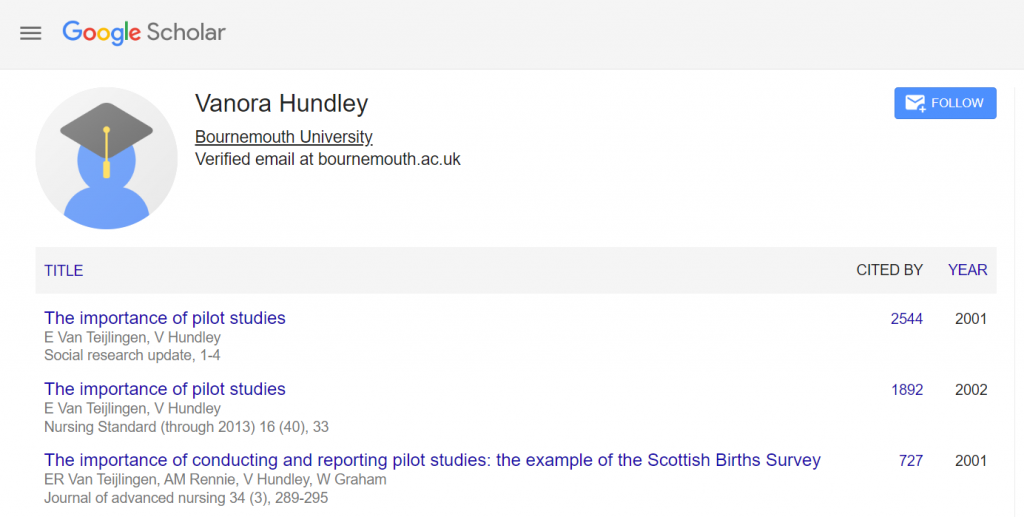
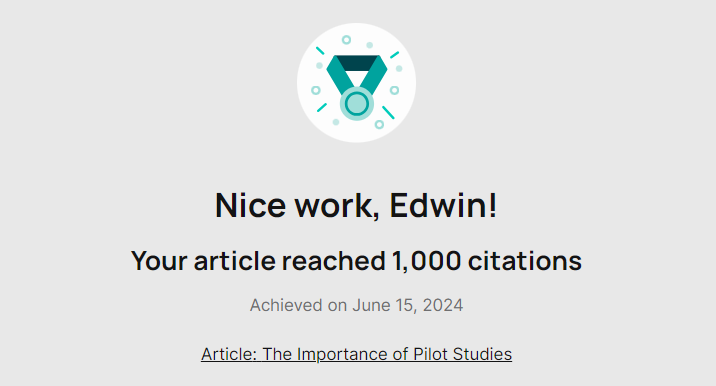

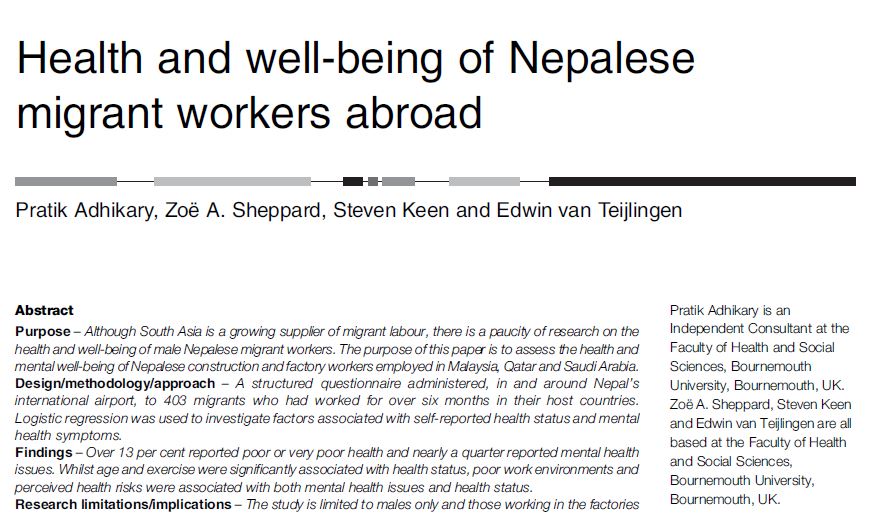

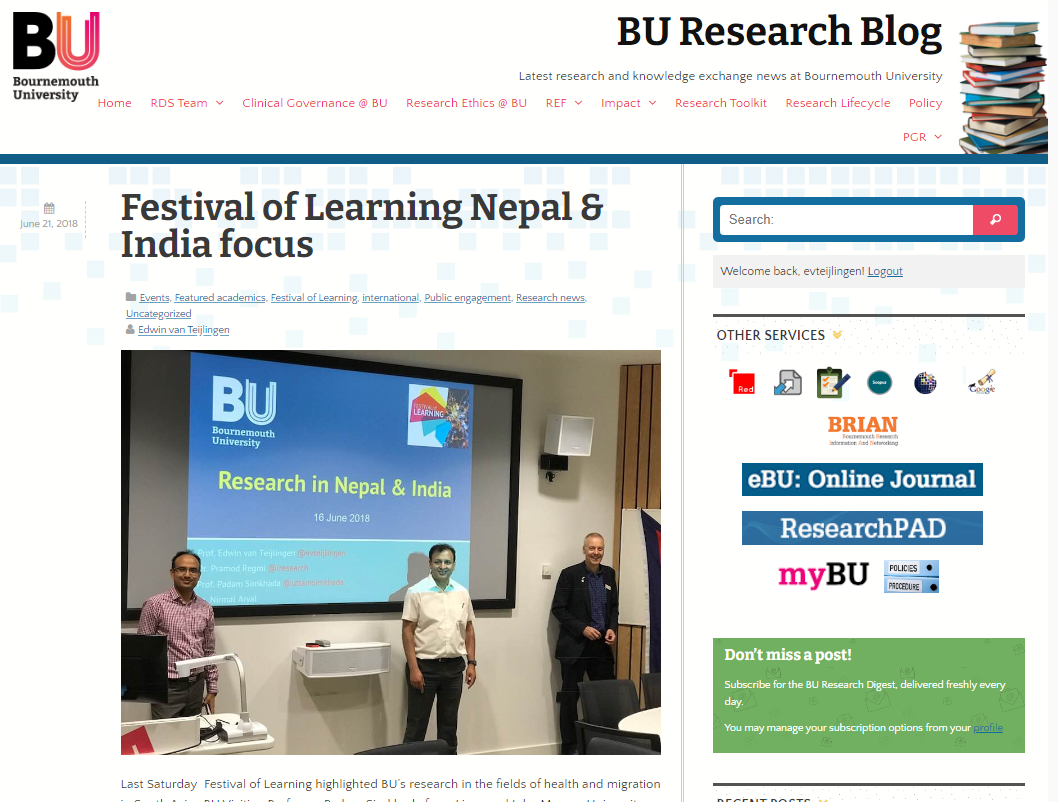
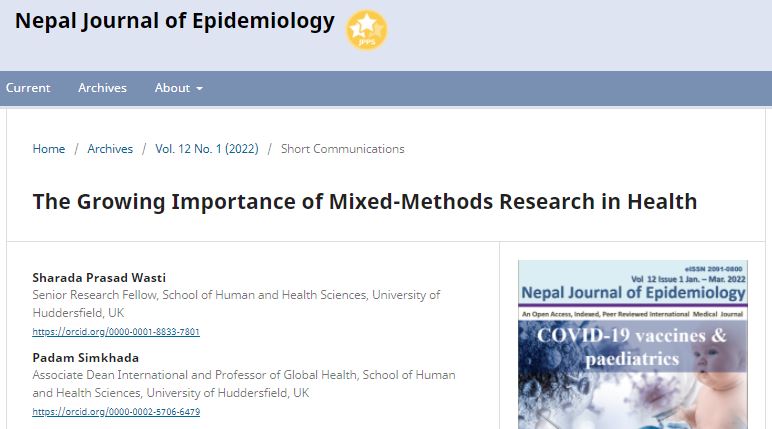

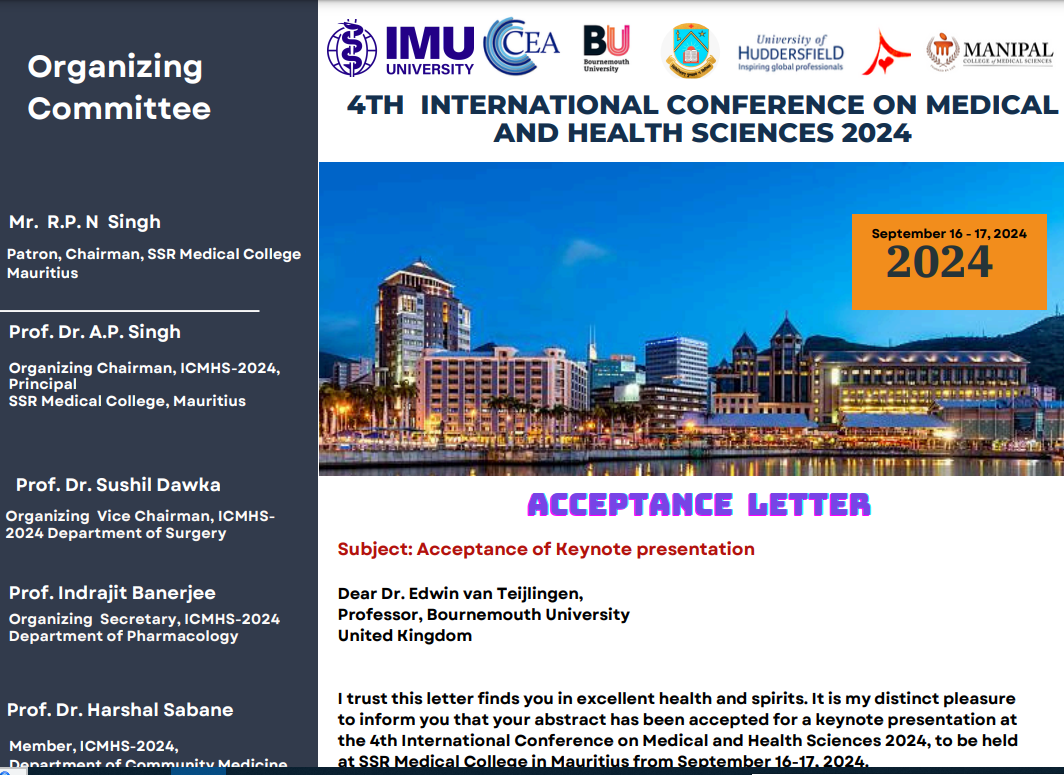
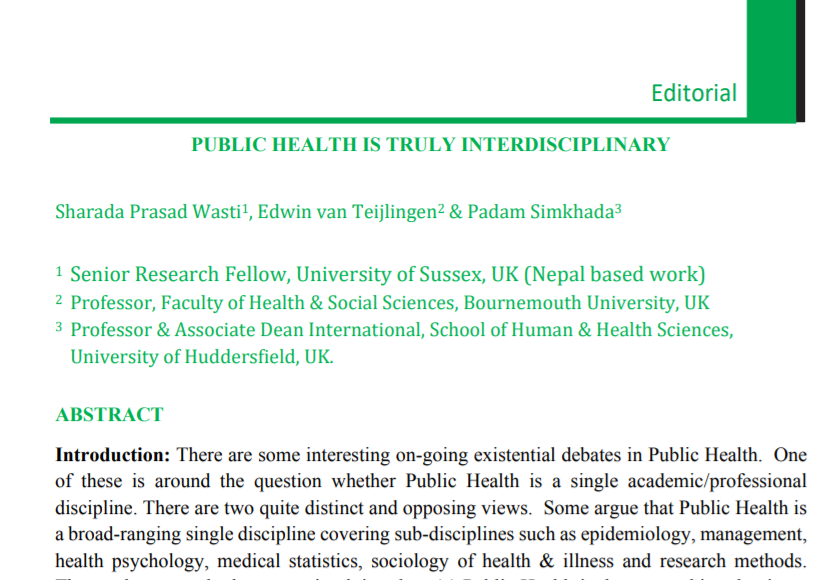


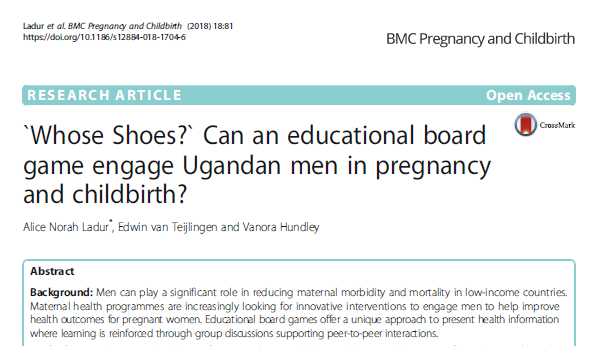


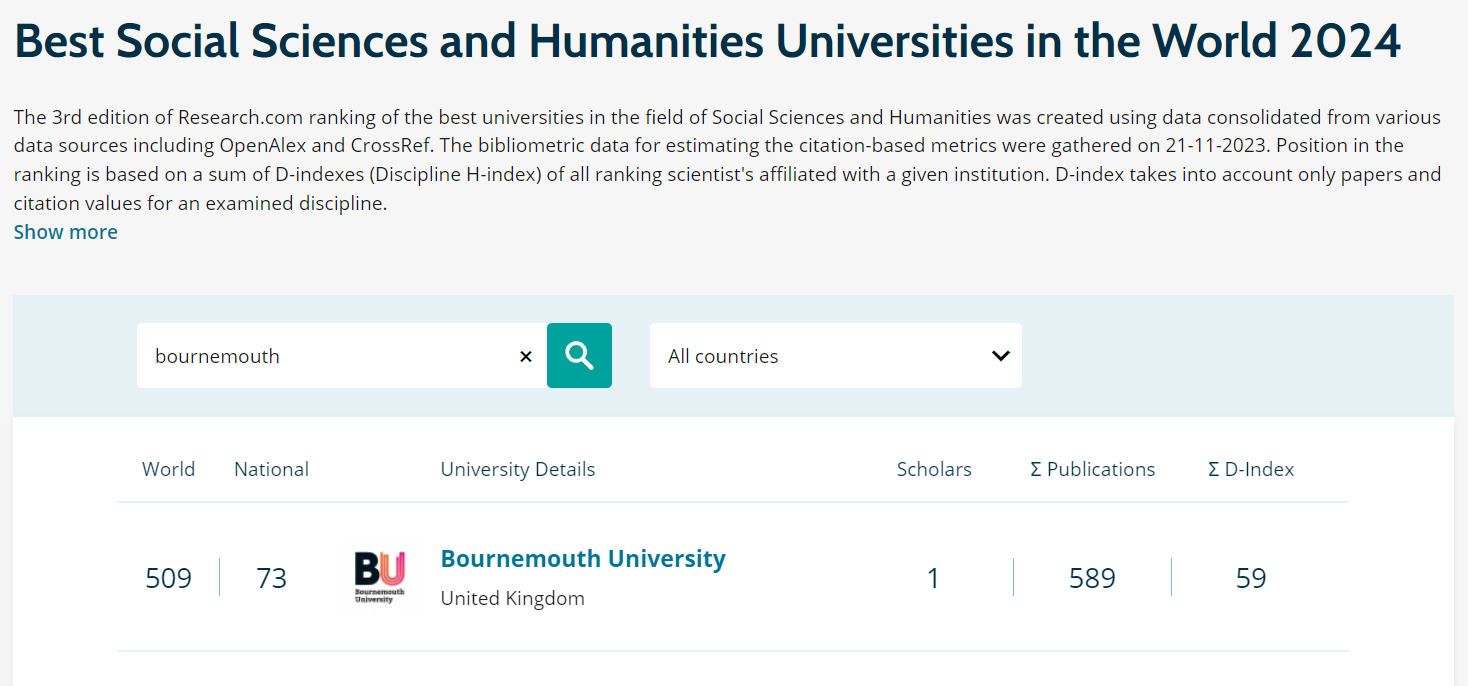


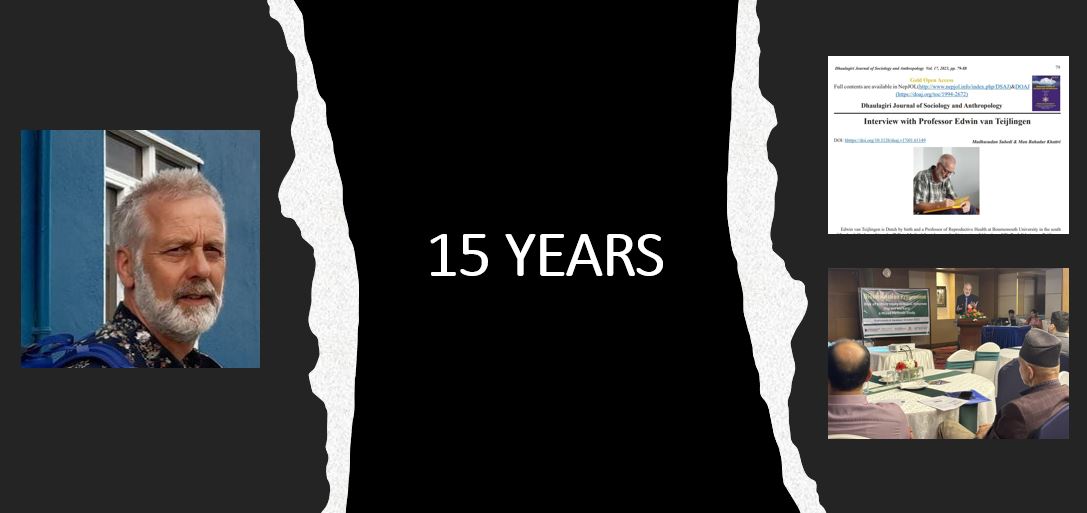
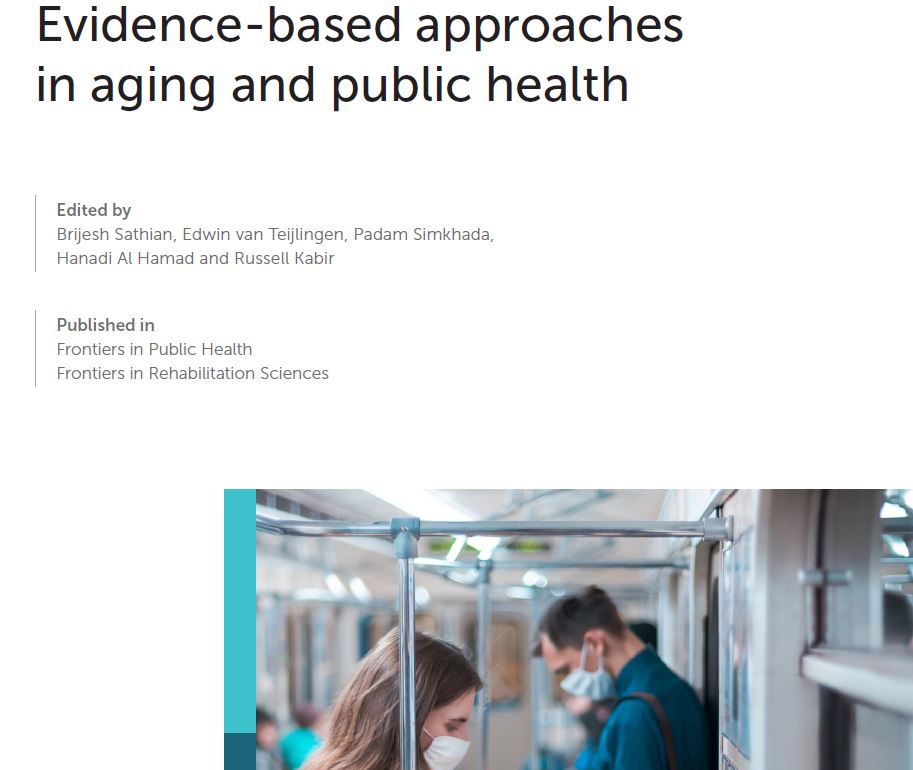
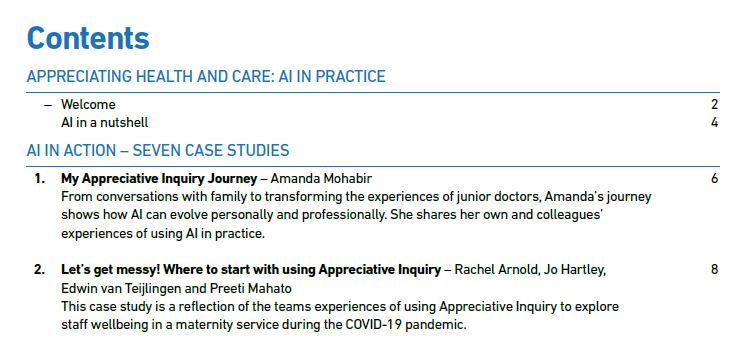

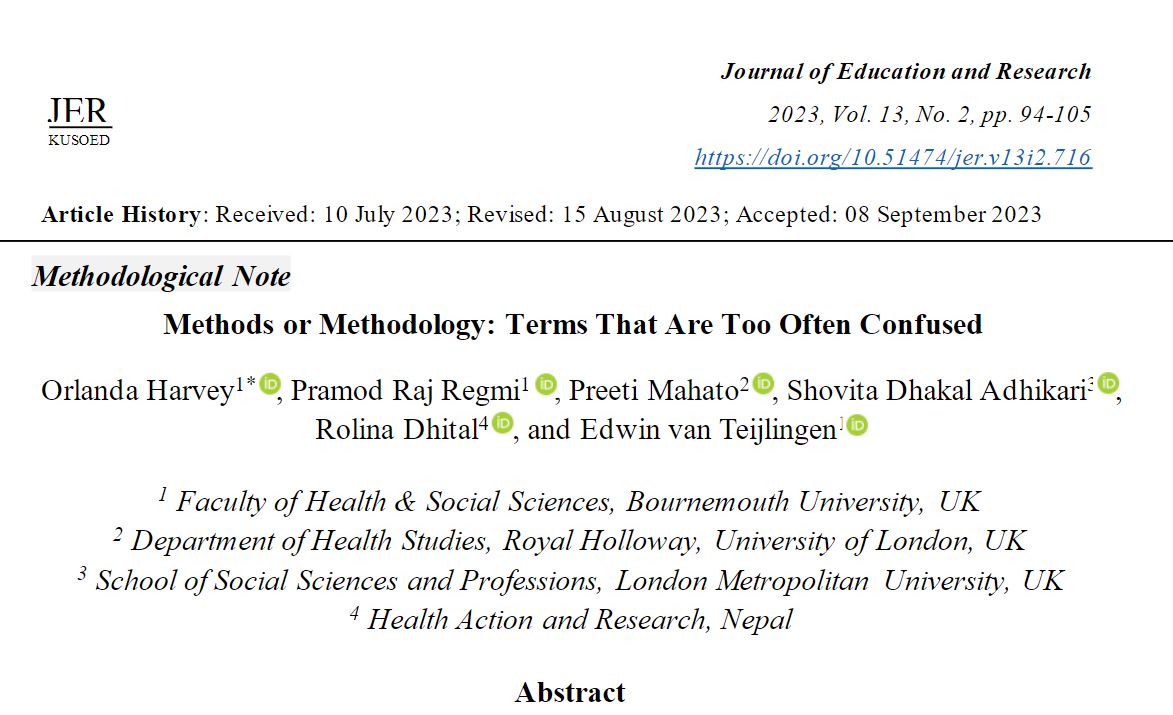
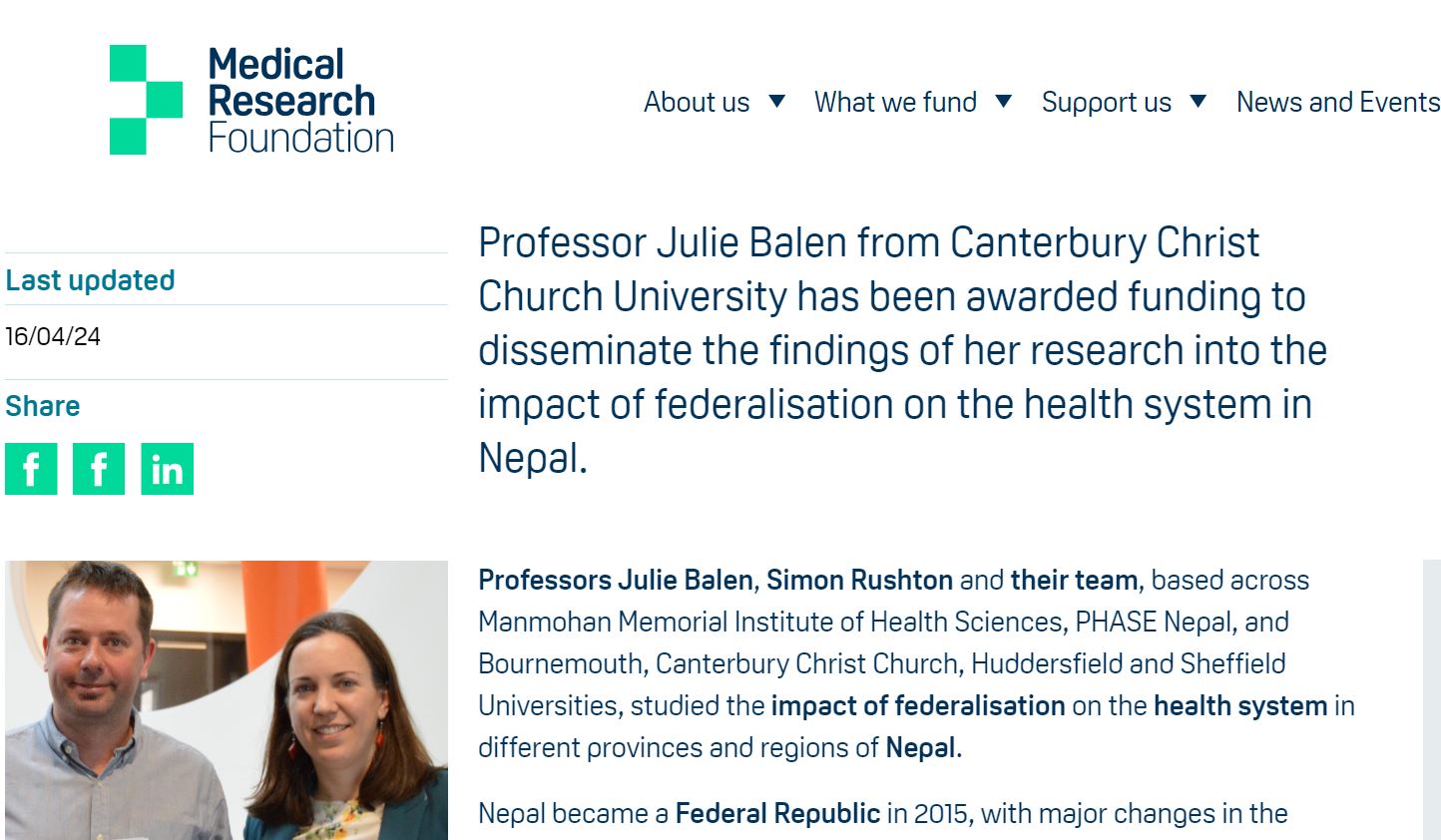
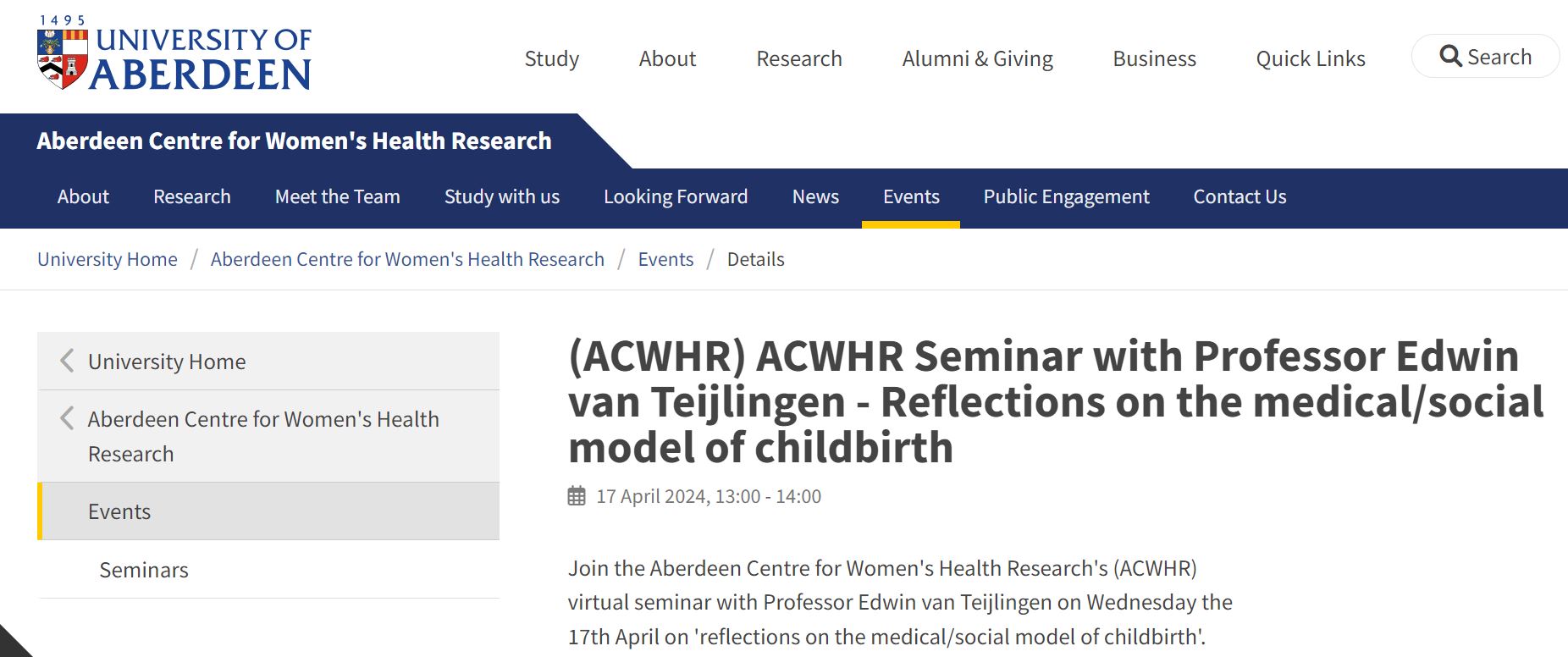
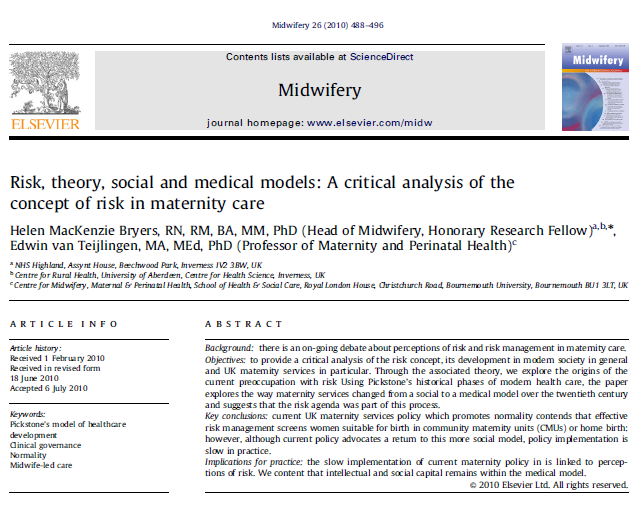

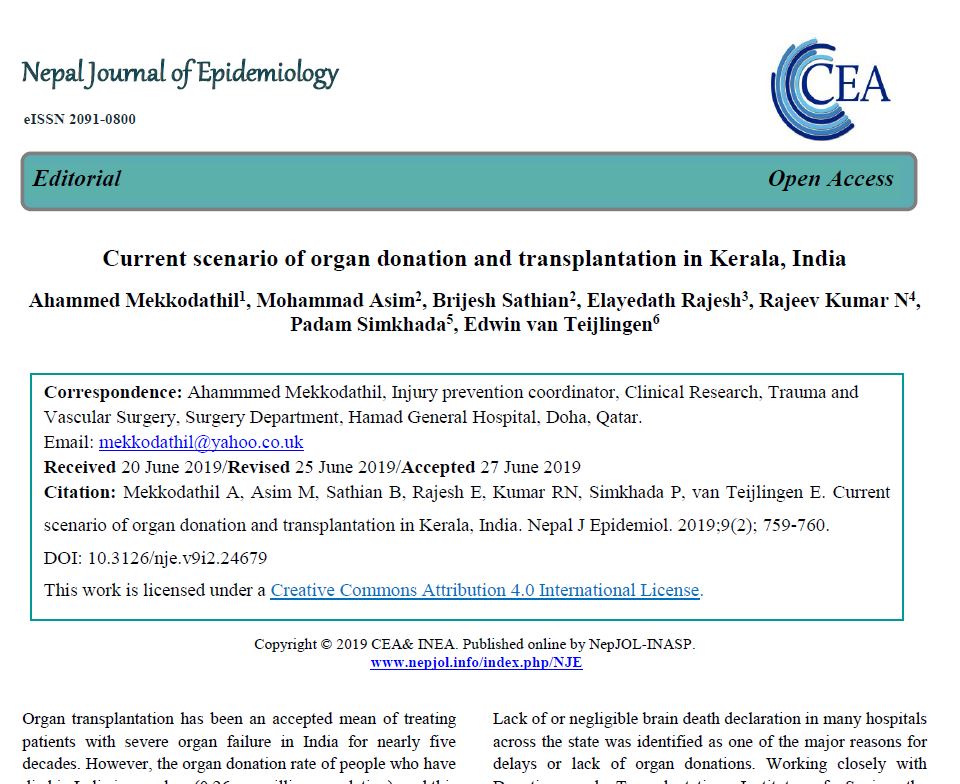











 BU Leads AI-Driven Work Package in EU Horizon SUSHEAS Project
BU Leads AI-Driven Work Package in EU Horizon SUSHEAS Project Evidence Synthesis Centre open at Kathmandu University
Evidence Synthesis Centre open at Kathmandu University Expand Your Impact: Collaboration and Networking Workshops for Researchers
Expand Your Impact: Collaboration and Networking Workshops for Researchers Visiting Prof. Sujan Marahatta presenting at BU
Visiting Prof. Sujan Marahatta presenting at BU 3C Event: Research Culture, Community & Can you Guess Who? Thursday 26 March 1-2pm
3C Event: Research Culture, Community & Can you Guess Who? Thursday 26 March 1-2pm ECR Funding Open Call: Research Culture & Community Grant – Apply now
ECR Funding Open Call: Research Culture & Community Grant – Apply now ECR Funding Open Call: Research Culture & Community Grant – Application Deadline Friday 12 December
ECR Funding Open Call: Research Culture & Community Grant – Application Deadline Friday 12 December MSCA Postdoctoral Fellowships 2025 Call
MSCA Postdoctoral Fellowships 2025 Call ERC Advanced Grant 2025 Webinar
ERC Advanced Grant 2025 Webinar Update on UKRO services
Update on UKRO services European research project exploring use of ‘virtual twins’ to better manage metabolic associated fatty liver disease
European research project exploring use of ‘virtual twins’ to better manage metabolic associated fatty liver disease